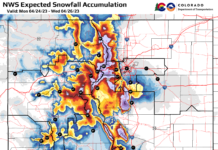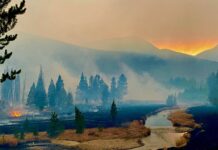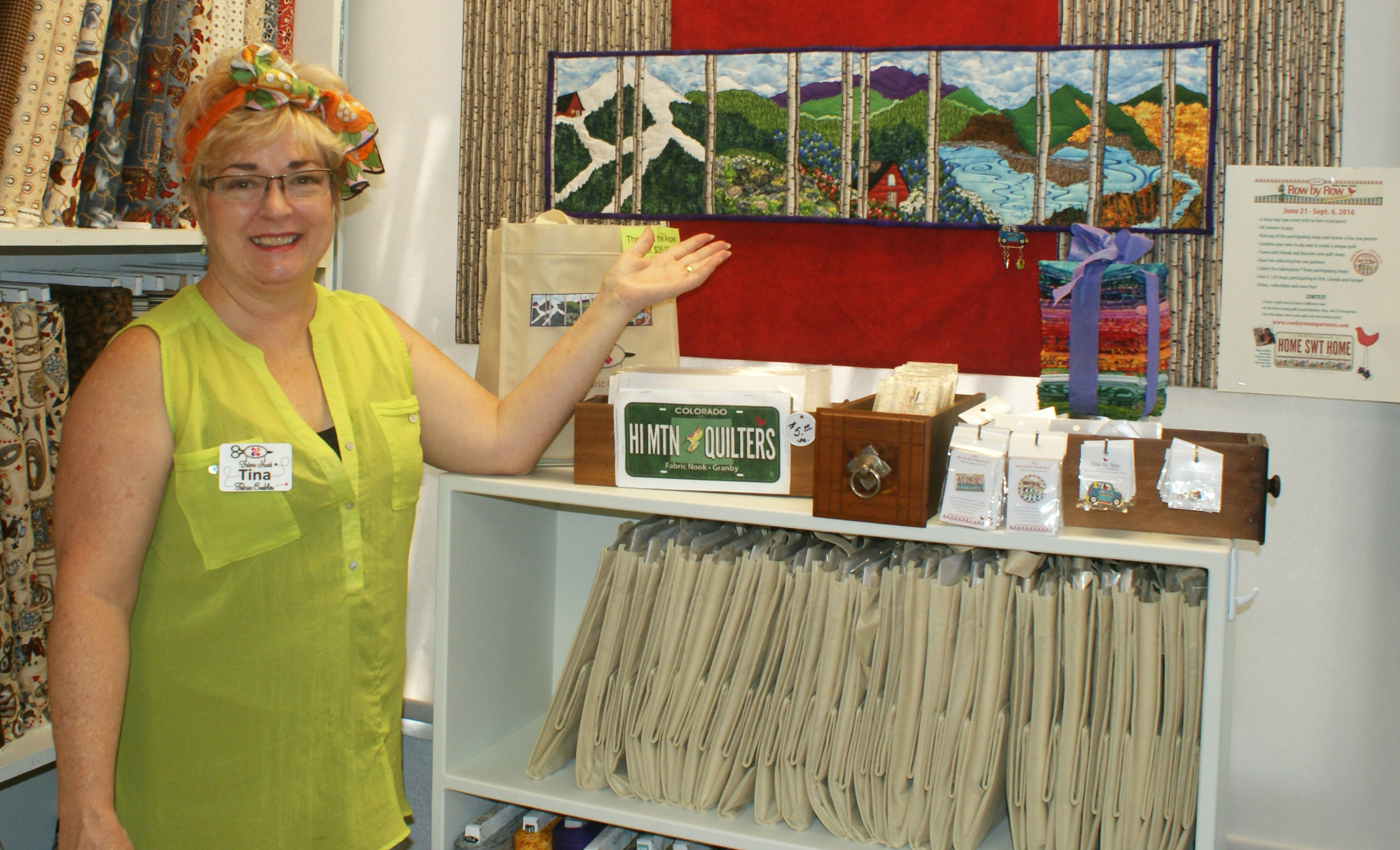by Mykaela A. Jones
It is no secret that military affairs are important issues for the people in the town of Kremmling. One could speak to their neighbors, their friends, or even their families and meet someone who has done time with the military or comes from a military family. In this community, there is also a great deal of value and respect for those who serve and protect as first responders. The attitude about these brave men and women is not just present in Kremmling but in a lot of places. Unfortunately, it can often be an all too common thing to hear about people who have served, either in the military or as first responders, who suffer from a multitude of mental health struggles, which can include depression, Post Traumatic Stress Disorder, or traumatic brain injuries.
Mark Gutierrez is a retired navy special operations veteran who did twelve years of active duty. After two years of deployment in Iraq and another two in Afghanistan, he was officially medically retired due to a traumatic brain injury and post-traumatic stress disorder. Now, with the assistance of Project Warrior, Gutierrez is biking across the United States in order to raise awareness, funds, and to bring more attention to the conversation about PTSD and TBIs. In this ride across the country, he is stopping in towns along the way to talk to veterans and first responders, to thank them for all that they have done to keep the people of their country safe.
Mark came through Kremmling on Thursday, August 8th and sat down at The Grand Old West to talk about the reasons why he’s making this journey, where he’s been, and where he’s going, as well as his hopes for this cause.
“I had already been planning to bike across the country,” he stated, “but I decided I was going to do it as a fundraiser and for Project Hero.”
Gutierrez has been on the road for this cause just shy of three months. He started in Washington D.C., and after biking through Denver once he had decided that he needed a set route.
“After I had my route planned out I was able to hit the small towns up and let them know that I was coming and to see if there was any interest (from them).”
Gutierrez mentioned there are others working to raise awareness on the issues facing returning veterans, such as a 71-year-old veteran named William Shuttleworth, who is walking across the country for similar causes.
“We had a very similar path for a little bit, so everywhere I stopped they would bring him up. I even stopped at a random farm, and the owner brought him up. Everywhere I had stopped he had been there.”
When asked about the most interesting place that he had visited, he said that he really enjoyed being in smaller towns with a huge sense of community. It was in these towns where he said he felt welcomed.
“I had a really good time in Dillon last night. I just got along so well with everyone there and made the joke that ‘oh my bike trip is over I’m just gonna stay here’. I enjoyed the small towns in Kansas a lot, just because there is a strong sense of community in those places. It was a very welcoming feeling.
“Colorado, as I’ve gotten out of Denver, had a similar sense to these small towns. There is something more honest about these small towns, almost a greater sense of openness then from what I have experienced.”
Mark also spoke about the new generation, how they are being studied in war-torn environments. He also talked about his own injury as well.
“The TBI history is kind of developed a lot in our experience in war, a new generation that’s perfect for medical studies. So for me, my first incident, I was blown up by a roadside IUD and I was dismounted but very fortunate to be alive. They didn’t know much about it, they just knew something was going on and they didn’t understand it. But now you have these medical facilities that are solely focused on TBI and PTSD, and how it is hard to tease the two apart because the symptoms are very similar.”
When asked how he thinks the conversation will change and how it can stay relevant in first responder and veteran culture, all he had to say was that as long as the conversation is still going it can still be helpful.
“I think the conversation needs to stay in the forefront so people will continue to support and talk about it.” Mark said, “Just from sitting down with the local police and just letting them know that this is normal and that it’s okay to get help. I think the more we are able to foster that culture, not only for the first responders but for the veterans as well, that it will be more acceptable. Both cultures can be unforgiving in that regard, and that is not always the best way to take care of yourself.”
For more information on Mark’s project, or to donate to his cause or to Project Hero, you can visit:
Mark’s donation page: https://r2r.conio.net/goto/mark
Project Hero: weareprojecthero.org
Facebook: /markgutierrez
Instagram: @vagrantgoot
If you or a loved one is suffering from PTSD or TBI, you can find resources or get help at:
Colorado Crisis Center: (844) 493-8255
Veterans Crisis Line:1-800-273-8255
National Suicide Prevention Hotline: 1-800-273-8255









